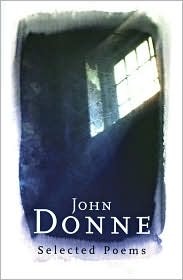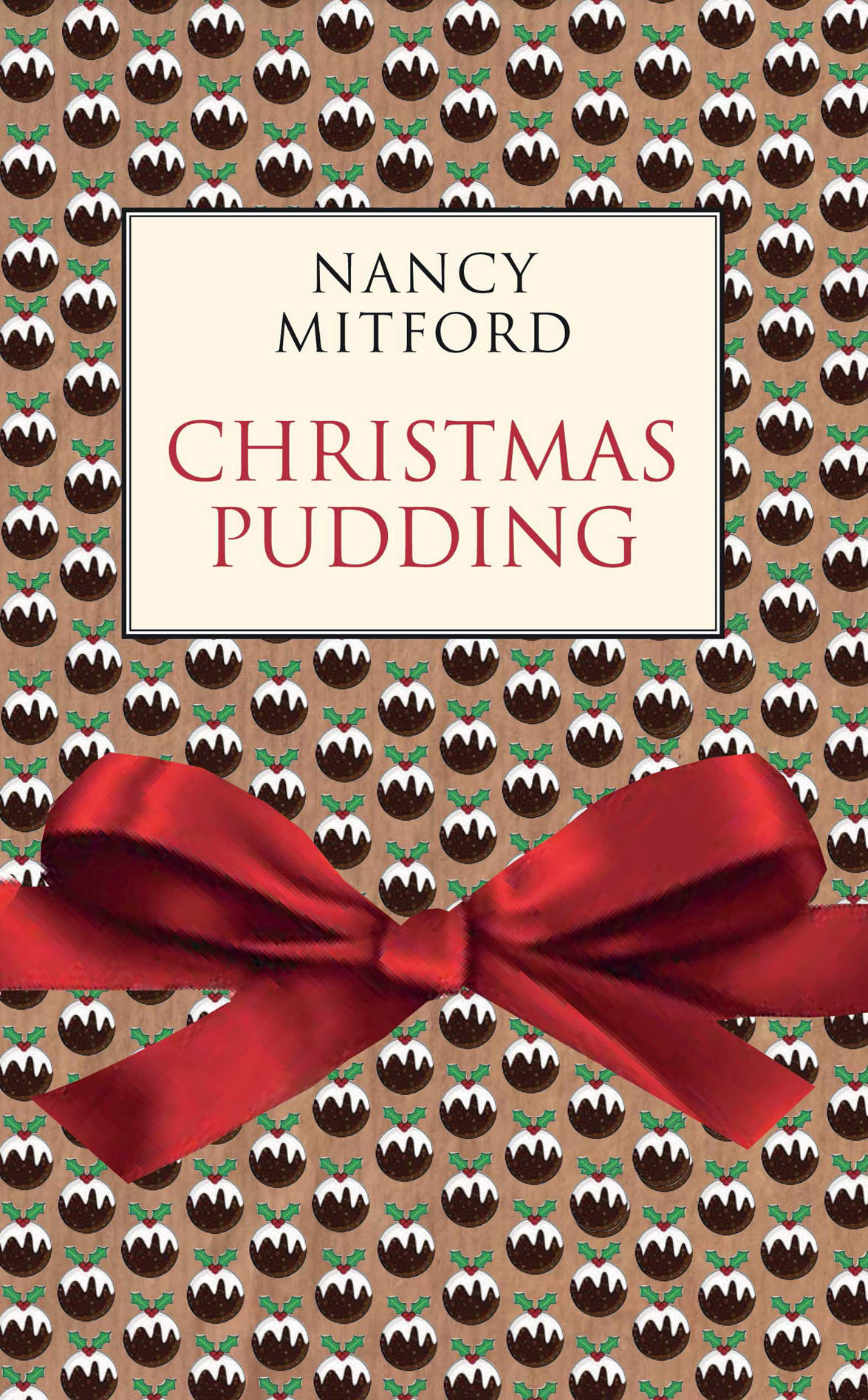'I've polished the tops of the gondolas'
and would have worked it up into a sonnet if I could have found a rhyme for 'gondolas'.
During this somewhat more tranquil trading period, thoughts inevitably turned to what literary trends, events and publications will define the coming year, so I borrowed a few divination titles from the (now very tidy) Mind, Body, Spirit section and, after an examination of my soya turkey bones that was forensic in its thoroughness and detail, I scried or scyred the following.
Jamie Oliver, inspired by the success of his thirty and fifteen-minute meals books, produces a collection of tasty and healthy supper recipes that actually reach readiness before you start to make them. There is the usual petty caviling from those who complain that not everybody's kitchen is large enough to contain the CERN particle accelerator and Professor Brian Cox, both of which are required for this process.
*****
The shameless bandwagon-jumping onto the success of E.L. James' books continues, as the following are published in the hope that hard-of-hearing book buyers will rush towards them: a history of certain nimble-footed young women from Powys, Nifty Maids of Hay; a novel set in a garden centre where the staff are fiercely mandated to sell as many digging implements as possible during spring, Shift the Spades of May and a lyrical, poetic celebration of water-skiing, Drift, ye Blades of Spray.
Film director Peter Jackson carries further his approach to The Hobbit and develops a five-film sequence from a semi-colon in The Silmarillion.
The government Deed Poll website crashes as each leading literary author in the world attempts to change their name to Hilary Mantel before the Booker judges convene.
Publishing house Random Penguins denies that its newly-announced merger with God will stifle competition or give it an unfair influence over the market.
The year's runaway best-seller is an update on the Mayan prophecy called Whoops, we Forgot to Carry One.
I'd like to extend sincere thanks to everyone who's taken the time to walk across cyberspace and view this blog, and leave the year in the hope that 2013 brings a more peaceful world.
David
*****
Film director Peter Jackson carries further his approach to The Hobbit and develops a five-film sequence from a semi-colon in The Silmarillion.
*****
The government Deed Poll website crashes as each leading literary author in the world attempts to change their name to Hilary Mantel before the Booker judges convene.
*****
Publishing house Random Penguins denies that its newly-announced merger with God will stifle competition or give it an unfair influence over the market.
*****
The year's runaway best-seller is an update on the Mayan prophecy called Whoops, we Forgot to Carry One.
*****
I'd like to extend sincere thanks to everyone who's taken the time to walk across cyberspace and view this blog, and leave the year in the hope that 2013 brings a more peaceful world.
David
















